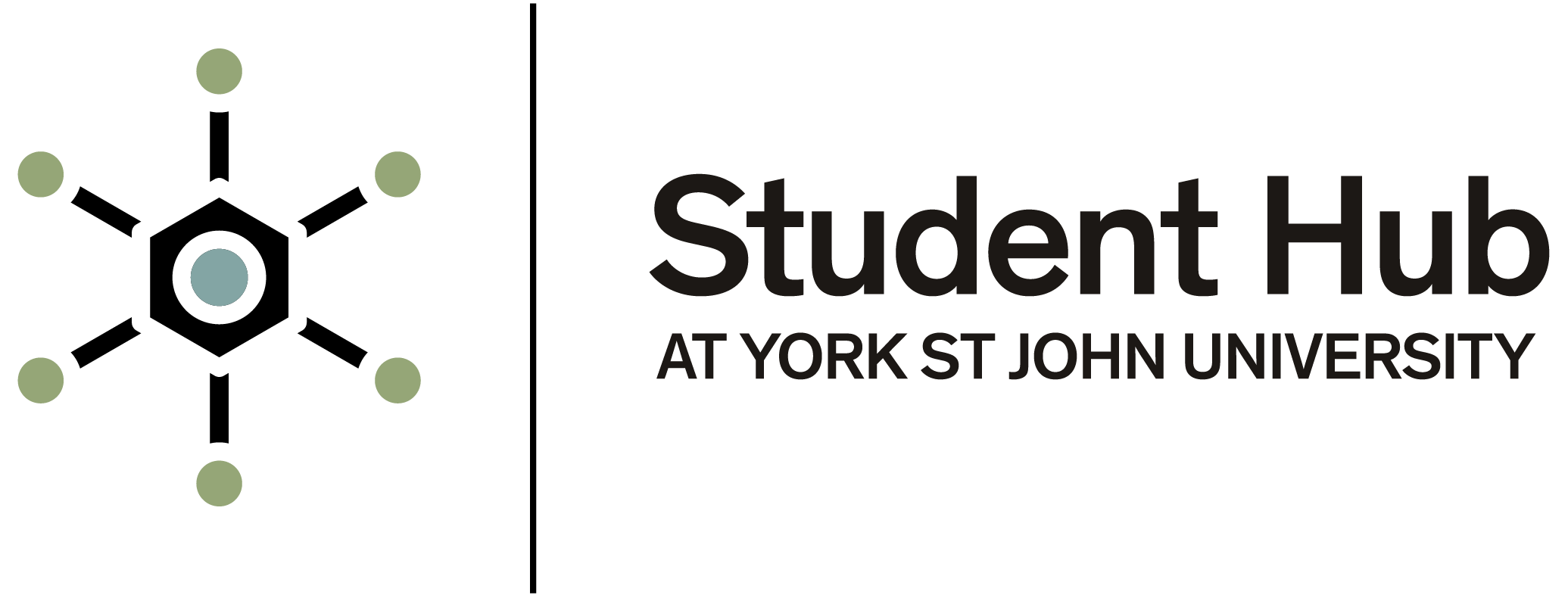Copyright Essentials
Copyright is an automatic right granted to creators of all original works. It's important to know what you can and can't do when it comes to using the work of others.
Library and Learning Services has a detailed webpage on copyright which explains copyright duration, licensing and using work under educational exceptions.
What can I copy?
Fair Dealing is a copyright exception which allows you to copy sections of protected works for your own research and private study.
The Fair Dealing limits are:
-
2 articles per individual journal issue or conference proceeding
-
1 book chapter or 10% of a book (whichever is greater)
-
1 illustration of map per book
-
1 poem in a collection or anthology
-
1 short story within a collection (However a short story on its own is considered a book and subject to the 10% rule)
Remember that any works you refer to (protected by copyright or not) should be referenced in your own work. You can find out more about referencing, plagiarism and academic integrity on our Getting Started with the Library page.
Copying Musical Works
The copying of musical work is only allowed for students on a course with a musical element (such as a module). More information about this can be found on the Higher Education Music Licence (HEPML) webpage, or by contacting ray@yorksj.ac.uk
Can I copy material from the internet?
Yes, material from the internet is included in fair dealing limits for research and private study. All webpages need to be credited and sourced correctly.
Can I share my copies?
All copies made are for private use only. No copies can be shared as this would be copyright infringement.
In what ways can I copy?
You can make a copy of a work through downloading and printing an electronic work, scanning a physical work or by using a smart phone or camera. All copying must be within the Fair Dealing limits.
Can I copy a whole work for accessibility reasons?
UK copyright law allows the copying of a full text for accessibility purposes. This must be completed by Library and Learning services staff and aligns with Learner Adjustment Plans.
Information about this service can be found on the Accessibility Support Service webpage or by contacting librarycontent@yorksj.ac.uk
Does the University have a TV licence?
The university subscribes to Box of Broadcasts which allows York St John staff and students to watch and record broadcast programmes from over 60 television and radio channels. A TV licence is not needed to use Box of Broadcasts. This can only be accessed in the UK. BoB can be accessed through the library's specialised subject resource database.
You will need a personal TV licence if you are watching live TV in your accommodation.
Open Access and Copyright
Open Access is where work is made openly available online with no restrictions. They are identified by an Open Access tag and an open licence, usually a Creative Commons Licence. Open Access works can be copied in full without permission of the copyright holder. However, they cannot be plagiarised and need to be fully referenced in your own work. For more information on referencing, plagiarism and academic integrity see our Getting Started with the Library page.
What is a Creative Commons licence?
Creative Commons is a way of licensing works that actively encourages reuse and sharing, while allowing its creator to retain some rights and control over that work. All uses of a Creative Commons work must be credited to the author and used within the terms of the selected licence.
What do these licences mean?
There are 6 Creatives Commons licences which have different licence terms. Full information can be found of the Creative Commons website.
-
CC BY (Unrestricted use and modifying for any purpose)
-
CC BY SA (Sharealike, all derivatives must be shared under identical licence terms to the original)
-
CC BY ND (No derivatives of the original can be shared)
-
CC BY NC (Cannot be reshared for commercial purposes)
-
CC BY NC SA (Sharealike - all derivatives must be shared under identical licence terms to the original)
-
CC BY NC ND (No derivatives can be made, and it cannot be shared for commercial purposes)
Can I apply a Creative Commons licence to a work?
If you have created an original work, you can apply a Creative Commons licence. Licences are free and apply globally.
If you are not sure about which licence to apply, the Creative Commons Licence checker is a useful tool.


